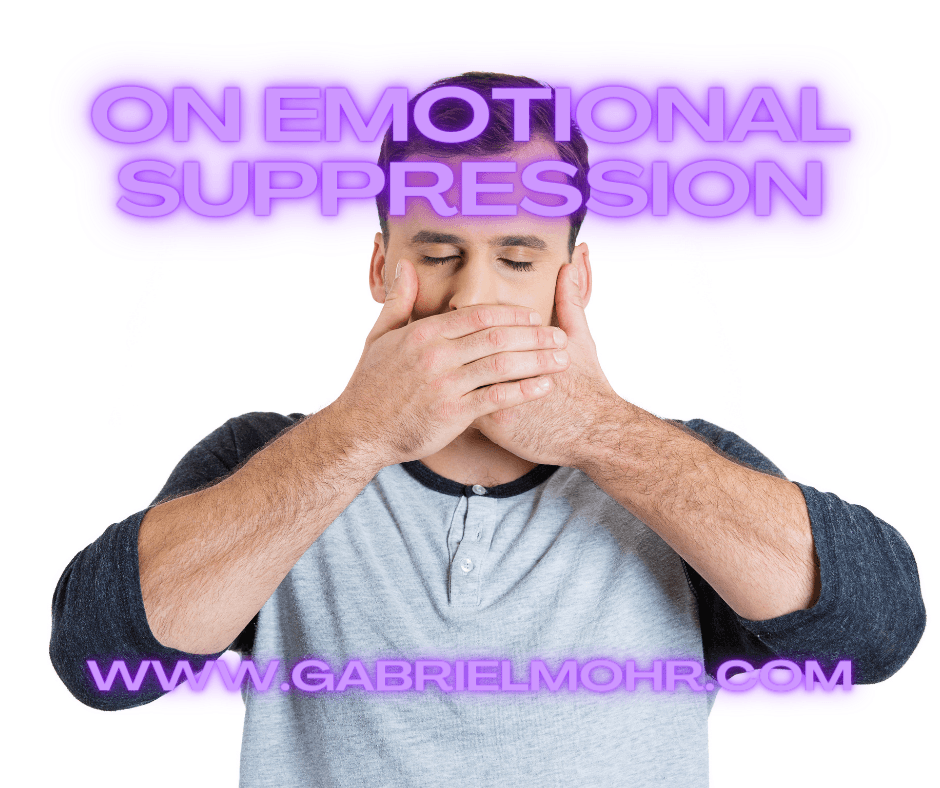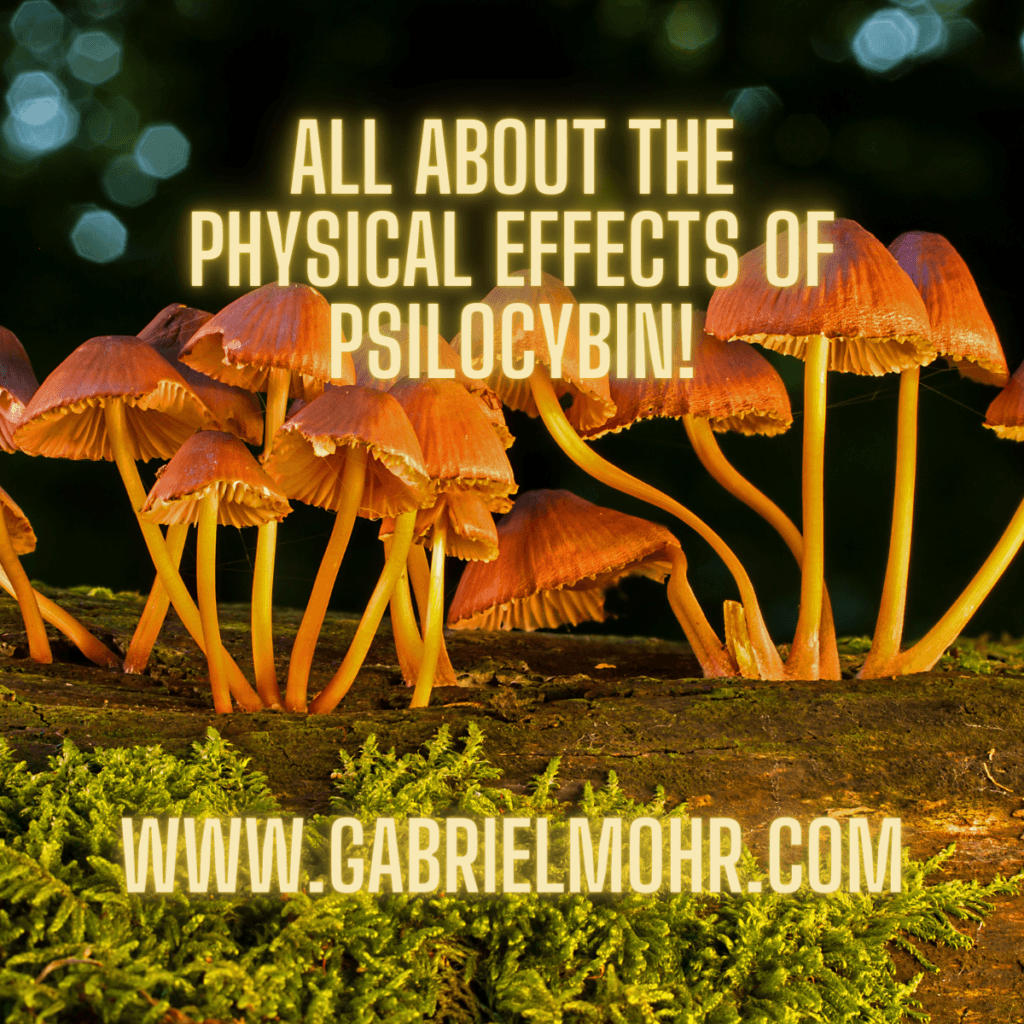
Quick Facts
-Some of us are so used to pain and ‘dark energy’ that we’re afraid of the light (positive emotions, people, experiences, etc)!
-We can expose ourselves to this light by meditating, and we can disidentify from our fear of it! Doing this is very healthy for our mental state.
Intro
Following my post on the fear of death, I’ve observed many, many people who are also afraid of life. Often I’ll try to lift someone out of their rut and they won’t budge, but in a way that screams “I want to be here because it’s where I’m comfortable.”
Some specific examples are trying new things, seeing things from a new perspective, and feeling good about themselves. Too many people are averse to doing these things, it’s actually hurting our collective existence on our lovely planet earth!
What Is The Fear of Life?
From my perspective, the fear of life is the fear of:
-Feeling better (higher) than you do right now.
-Trying things you’ve never tried before, especially if you’ve been told they’re fun and healthy.
-Seeing things from a new perspective, especially if the new perspective is better than your current perspective.
Case in point: I once worked with a man who was (still is) a workaholic. One day I mentioned how I used to be a workaholic when I was younger, and that I used to believe I had to work all of the time. I was about to finish the sentence with, “but I realized there is more to life than just working” when he interrupted with “well, you’re right!” In a tone that screamed, “I know what’s coming and I don’t want to hear it.” He wanted to hear what he believed (that we’re supposed to work all of the time) and didn’t care to hear about my higher perspective. That’s most likely the fear of life in action. Sorry dude, you’re a cool guy, but your mind is very, very closed.
I saw the fear of life in myself a few times as well! When I was working my first job my co-workers (and even some customers) would compliment me on the work I did, only for me to shoot it down. I truly didn’t believe I deserved to feel good, and I was afraid that even if I did I would do a poorer job than if I was feeling crummy.
And of course, the many times I sat down and talked with people about the truth of the world. Maybe one out of one hundred listened, the rest reacted with fear, anger, or otherwise ignored me. Most people wouldn’t even give my words any thought, even if I was talking to them because their actions were hurting me!
So, the fear of life is fairly easy to spot, and it’s everywhere. It’s the act of consciously staying in a low state of mind and body because of “fear of the light,” perhaps because it’s foreign and new.
Do We Really Fear Life? If So, Why?
As I’m writing this post I’m asking myself the question, “are these people truly afraid of feeling better, or are they afraid of something else altogether?” It could be that they’re simply afraid of the unknown, or perhaps they’re angry because they believe their mind cannot wrap around the perspective that’s being shown to them. But then, have they never taken the risks? Have they never faced their fears, been victorious, and felt the positivity on the other side?
And, if we put this in a literal perspective, the only thing we can fear is life because life is all that there is. I like to narrow it down to mean what I’ve explained above, however, the only other thing to fear besides life is death, which I’ve written on the fear of death here.
Some of us are afraid of being afraid, however, I don’t think that being afraid of being afraid is as detrimental as being afraid of being conscious, because I think it’s easy (and not very rewarding) to face our fear of fear, but it’s difficult (and very rewarding) to face our fear of consciousness.
And why, exactly? Partly because we’re wired to be creatures of habit, and partly because of the programming and conditioning we’ve been subjected to since a young age. We often get accustomed to feeling a certain way (or we get accustomed to feeling in a certain pattern/cycle) and any perceived changes are then seen as foreign, therefore worthy of skepticism, and even criticism! Sometimes the skepticism is understandable, but sometimes it’s held by people in a low state of being towards those in a higher state of being, and these are the kinds of people I want to address in the following section.
How Can We Stop Fearing Life?
It’s extremely easy to stay within the “black vibrational void” and not be able to experience any other form of life. In fact, some people believe they have no choice and are doomed to be “depressed” forever. But what’s the solution to this?
The easiest, quickest, most efficient, and safest way is by sitting alone, accepting our fear as it is, and then consistently choosing to feel the way you wish to feel! It begins with the abstract (you speaking/thinking the words) and it turns into a felt reality once you choose to go in that direction. Please keep in mind that if you have physical pain, a better solution may be to sit and accept the pain. This is much more difficult than accepting emotional pain, however, it’s still beneficial since accepting your pain will allow you to consciously choose the emotions you feel.
Then, you live in the experience!
After doing this it’ll be much easier to do it again, and again. Then it becomes much easier to go explore (in your mind and/or in the world) and face the unknown, which gives massive loads of confidence. Eventually, it starts a positive snowball that doesn’t stop, and you’re living exactly the best way you possibly can, all of the time!
You can also jump right into the fire as I did… After going through my shitty childhood I landed my first job in (pretty much a) cutthroat kitchen, moved to west Texas and got a job at a high-end country club (where we served 800+ people on the Easter of 2019), moved to East Texas to get a better job, failed, then moved to Austin to be a delivery driver… All while sleeping in my car!
I also faced my fear of life by doing mental work… Whenever a fear would pop up I’d disidentify from it and ask myself, “why do I feel this way? Is it rational, or should I let it go?” That combined with some other “sorting out” of my mental stuff greatly aided in making me who I am today.
I’m not saying you should be as unconventional as I was (or put yourself in as much danger as I did), but I am asking you to face your fear of life in whatever way you see fit. I’m asking you to do it consistently, and even to let it snowball in a positive direction as time goes on! I have provided the process, now I’m asking you to follow through 🙂
Final Thoughts
I love feeling good, and sometimes I still feel a strong urge to go back to the fear and suffering I once knew. Maybe I should consciously break that habit, and now that I think about it, I have been slowly breaking that habit as time goes on.
Also, if you know someone (if you’re friends with them, if they’re your family members, etc) who is dead set on being afraid all of the time, I encourage you to see them as an opportunity to develop your own ability to be positive in their negative presence, and/or a person to avoid as much as possible. You have every right to not spend time with them, after all 🙂
Conclusion
Thank you so much for reading my post! I’m truly grateful for your presence, and I’ll see you next time!



